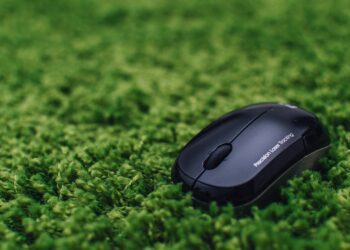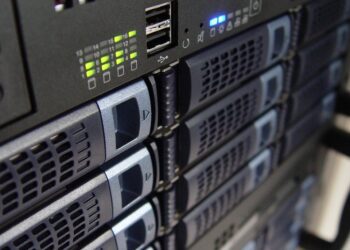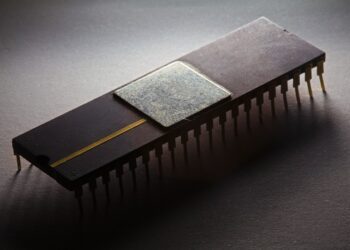The Internet of Things (IoT) has quickly become a central part of our daily lives, with smart devices controlling everything from our homes to our cars. The potential benefits of IoT are widespread, from increased convenience and efficiency to the ability to gather and analyze data that can improve our quality of life. However, along with these benefits come potential risks that consumers should be aware of before connecting their devices to the IoT.
One of the major risks of IoT is the potential for hacking and security breaches. With so many devices connected to the internet, there is a greater risk of cyber attacks that could compromise personal information or even control of your devices. Hackers can exploit vulnerabilities in smart devices to gain access to your network, leading to potential privacy breaches and identity theft.
Another risk to consider is the potential for data breaches. With IoT devices collecting and transmitting large amounts of data, there is always the possibility that this data could be intercepted or stolen by malicious actors. This could lead to a loss of sensitive information or financial data, putting consumers at risk of fraud or other forms of online exploitation.
In addition to security risks, there are also potential privacy concerns associated with IoT. Many smart devices collect data about users’ habits and preferences, which can be used to target them with personalized advertisements or even track their movements and behaviors. This data could potentially be sold to third parties without the user’s consent, raising concerns about how this information is being used and shared.
Despite these risks, there are also significant rewards to be had from embracing IoT technology. Smart devices can make our lives easier and more convenient, allowing us to control our homes and appliances with a simple voice command or smartphone app. IoT can also help us monitor and manage our health, improve energy efficiency, and even enhance public safety through connected devices like smart cities and transportation systems.
To mitigate the potential risks of IoT, consumers should take steps to secure their devices and networks, such as regularly updating software, using strong passwords, and being cautious about the data they share online. It is also important to be aware of what data your devices are collecting and how it is being used, so you can make informed decisions about your privacy and security.
In conclusion, the potential risks and rewards of IoT are significant, and it is important for consumers to educate themselves about these issues before connecting their devices to the IoT. By understanding the potential pitfalls and taking proactive steps to protect their privacy and security, consumers can enjoy the benefits of IoT technology while minimizing the associated risks.







